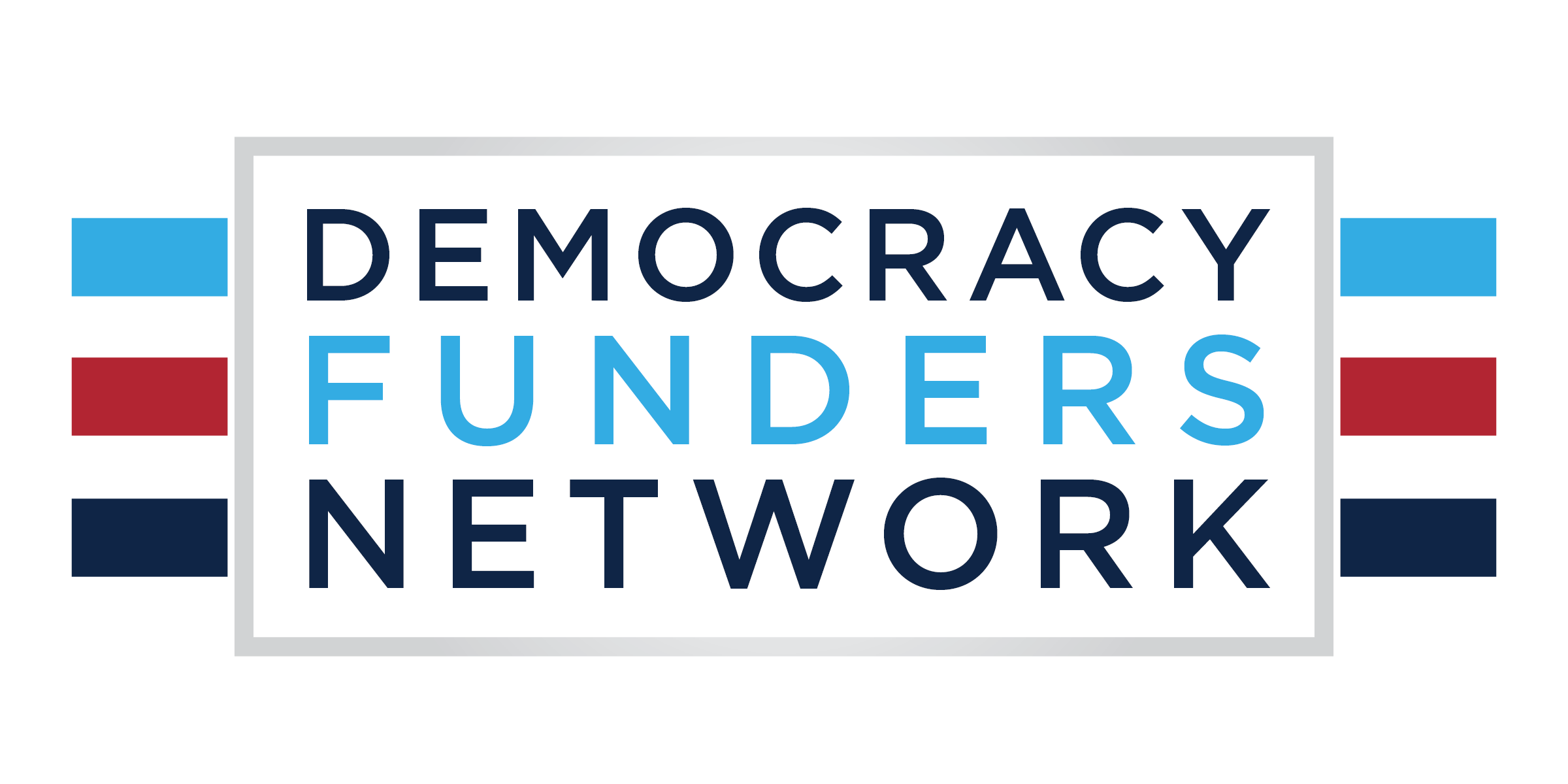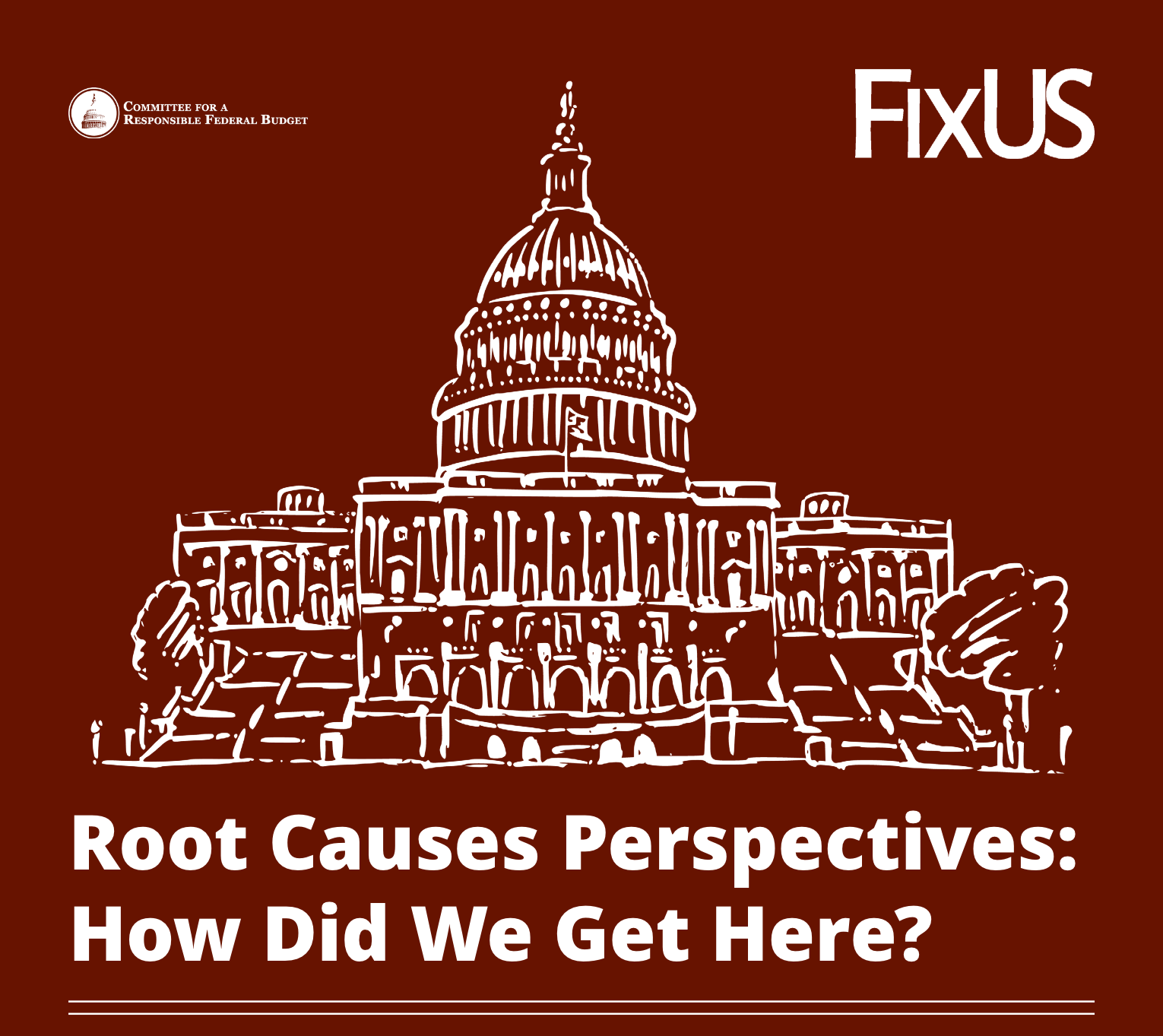Since June 16, 2015, the day that Donald Trump descended an escalator in Trump Tower and announced his run for the presidency, the American body politic has struggled to figure out how to treat him, his rhetoric, and the threat he poses to our system of government. A similar pattern plays out repeatedly: Trump makes a seemingly outlandish promise that upends conventional understandings of politics. Then, those who help Americans make sense of current events — the media, other politicians, pundits, and influencers — dismiss, distort, or deny the very promise Trump has made. And few then know quite what to make of it all or how to respond — a state of confusion that has enabled Trump to shatter democratic norms in previously inconceivable ways.
We now have more than eight years of experience with this phenomenon and a full presidential term as a track record proving that Trump’s pledges should be taken both seriously and literally. He has, for the most part, sought to do the extreme things that were dismissed as mere rhetoric when first promised, from enacting a “Muslim ban” to refusing to accept the results of an election. And yet, here we are again, with Trump making even more extreme promises to “terminate” the Constitution, seek “retribution” against political opponents, and be a “dictator” (just on day one), only to see people unsure what to make of or how to respond to these threats.
This report aims to alter these dynamics by clearly showing how Trump would follow through on his most extreme anti-democratic pledges for a second term and then offering expert recommendations for how to mitigate that danger.
READ MORE>

















